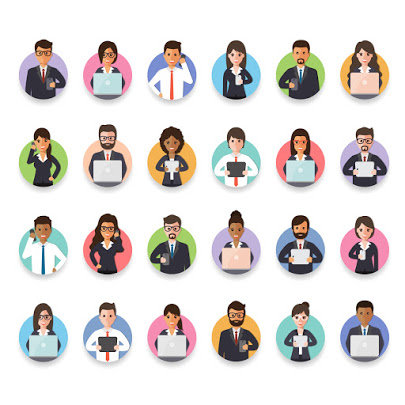Project Management
Personalization is the Key to Transforming any Business
- Kevan Jacob
- May 21, 2021

Modern tech has given businesses new ways to improve and personalize their customers’ experiences. Both new and loyal customers are a top priority for any brand because without them a business wouldn’t exist. For any brand, creating a good and engaging experience is of utmost importance to convert and retain customers as personalization plays a key role.
Personalization for a business means knowing every consumer as an individual and then delivering a unique and relevant experience across all channels. According to a report, implementing personalized selling strategies is key, with 92% of brands either using it currently or planning to in the future. It isn’t just a marketing trend as it will build a relationship with your customers and drive loyalty at the same time. The future of business is a customized user experience and it must be tailored to the individual.
Benefits of Personalization
People generally want a one-on-one experience that relates directly to them. Customers are more likely to engage with something they find relevant to them. There are a lot of advantages for brands using personalization, both online and offline.
Higher Conversions
A recent survey showed that personalized calls-to-action results in a 42% higher conversion rate as compared to calls-to-action that are the same for everyone. Therefore, the better the return on experience, the higher the conversions.
Ability to target content
Depending on the type of interaction a customer has, it will help brands create better customization with suggested products. According to a report, 91% of customers are more likely to shop with brands that provide relevant offers and recommendations.
Good ROI
By taking a look at the overall return delivered by personalization technologies, a brand can see solid evidence of the impact of customization and evaluate the investment. In-house marketers who are personalizing their web experiences see on average a 19% uplift in sales.
Improved Customer Privacy
Customer privacy is a concern nowadays, so brands collect data in a completely anonymous way, making it virtually impossible to identify the customer or gather any personal data about the customers. Demographic and lifestyle attributes like gender, age, clothing, engagement with a specific media, are the kinds of data gathered.
Customer Benefits
It’s not just for the brand, but there are benefits for the customer as well. Because of personalized content, customers find it very convenient to browse products and it gives them a sense of enjoyment while shopping. This leads to making quicker purchase decisions.
Personalization Strategies
Businesses mainly use three strategies for the personalization of their products.
Marketing Personalization – Data is used to enhance the experiences of the customer through content, emailing, and software. A survey was conducted where 90% of marketers say personalization significantly contributes to business profitability.
Sales Personalization – Turning a brand’s visitors into hot leads is a crucial step. This involves tailoring the pitch according to the needs of the company. It is seen that only 13% of businesses are personalizing the sales experience. This is the weakest link.
Customer Support Personalization – Solving customer complaints immediately is a top priority. To personalize customer experiences, brands need to provide context-based support and treat them as individuals.
How Personalization is being used by brands
Customized marketing has definitely become an important strategy for brands to promote themselves and drive revenue. Investing in personalization efforts to build relationships and better experiences will eventually pay off.

Looking at behavioral data is essential because it allows brands to learn about their customers and create that customized experience. The success of a brand’s campaign will depend on how well the data is collected and measured, be it emails, surveys, purchases, etc.
Brands use behavioral targeting, predictive modeling, and personalization to increase their productivity. From onsite content to personalized emails and offers, they have got it all. They also deliver dynamic, data-powered messages in real-time. Ultimately a brand’s main goal is to raise brand awareness and increase market penetration of their product.
Here are a few brands who are acing their personalization tactics:
Netflix– Most of us know that this streaming service shows customers film and TV recommendations based on the content they’ve watched. However, Netflix even personalizes film covers, giving prominence to actors or actresses that customers are familiar with.
Cadbury– This well-known confectionery company has found success with unique personalization campaigns over the years. For example, they used a social video marketing campaign, to let consumers craft a personalized video and then recipients got to watch a touching video when they received a box of Cadbury chocolates by scanning a QR code.
Concluding thoughts
The competition between businesses is a lot these days and customer experience has actually become a key battleground. It all comes down to whether a purchase has been made or an abandoned basket. Personalization is proving to be a game-changer for brands, as it is the perfect solution to create an individual journey for each customer. According to a survey, 86% of consumers say that personalized experience has some impact on what they purchase. Brands can separate themselves from their competitors by focusing on building long-lasting relationships with customers that see both a return on experience, as well as an overall return on investment.
